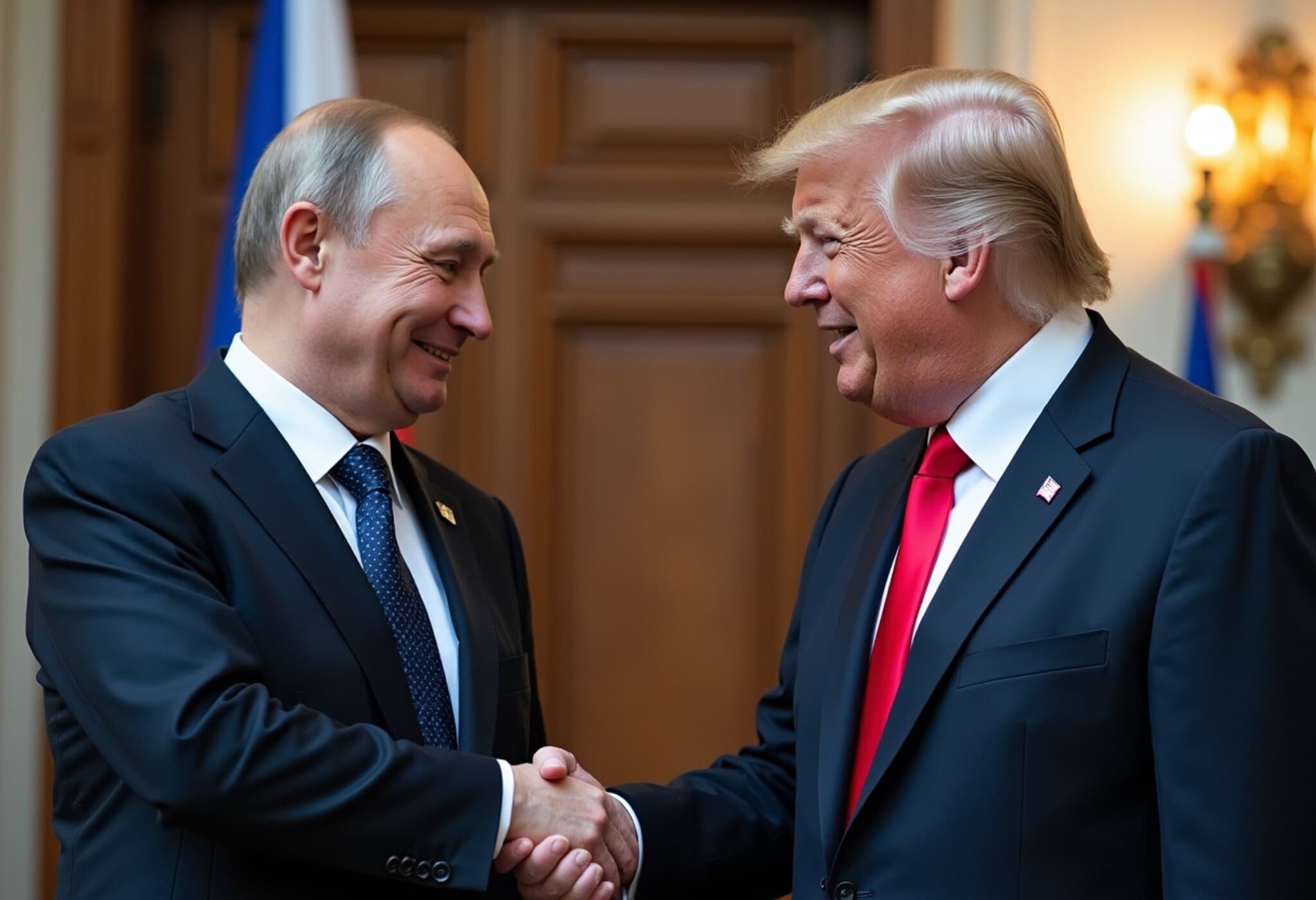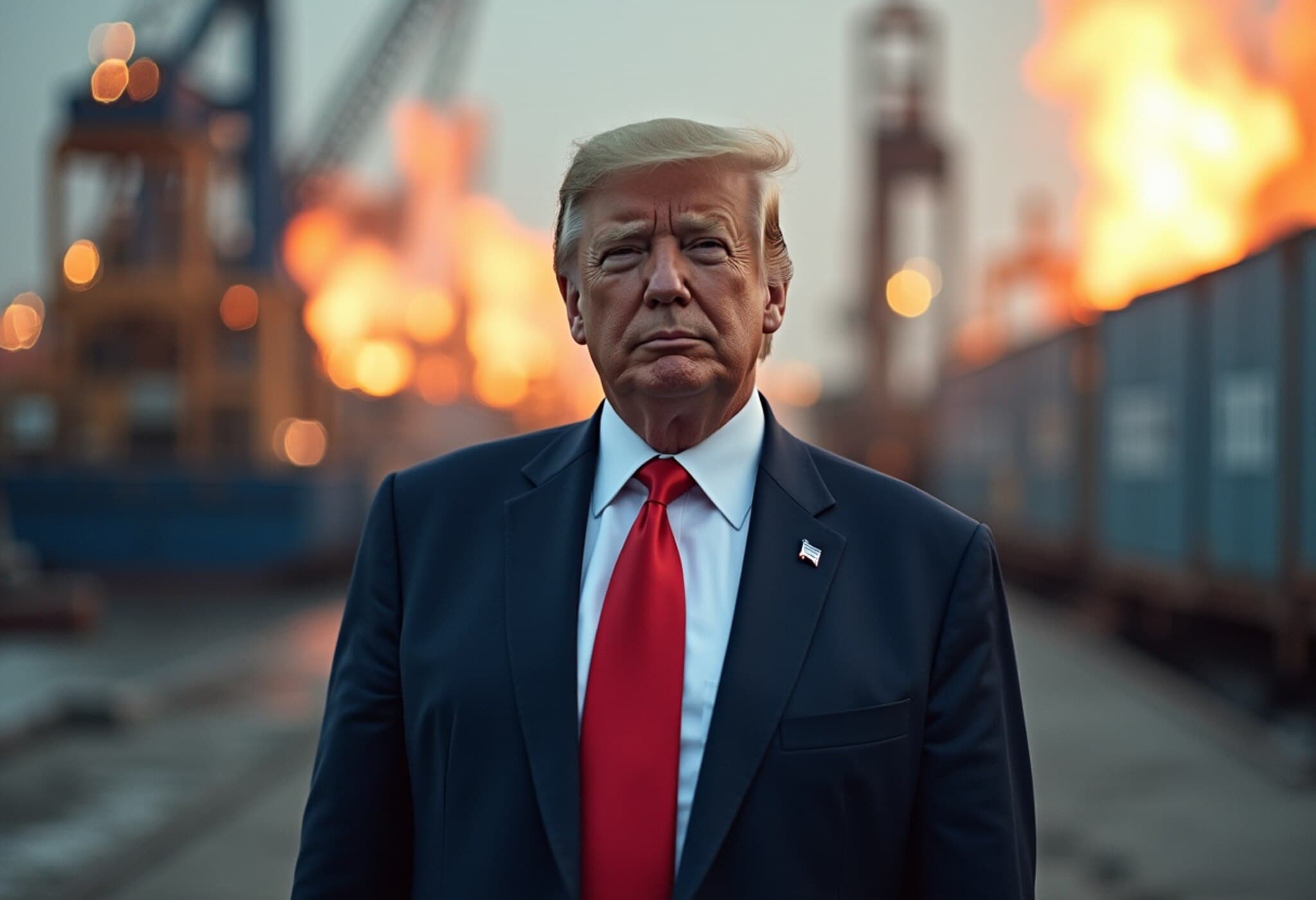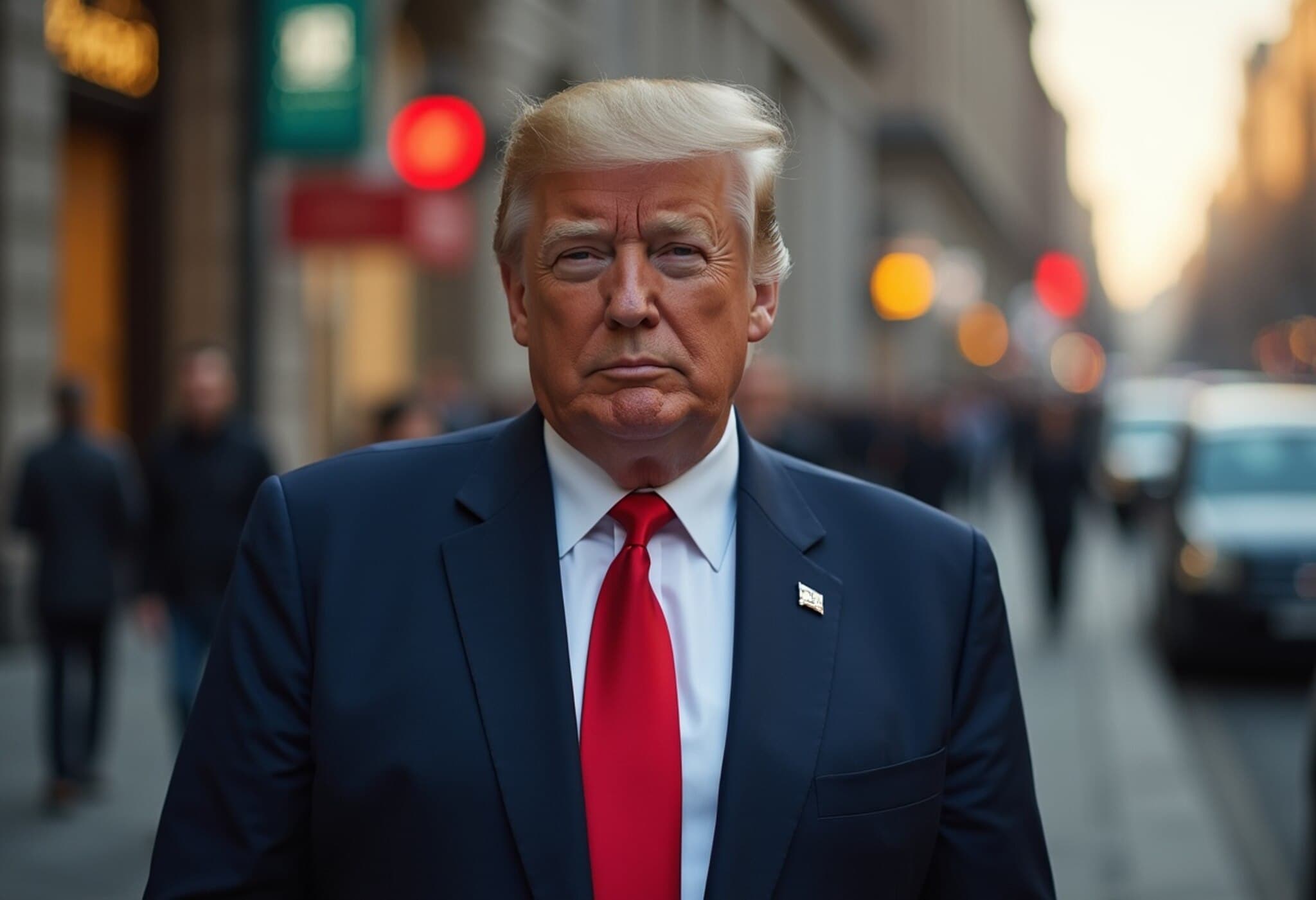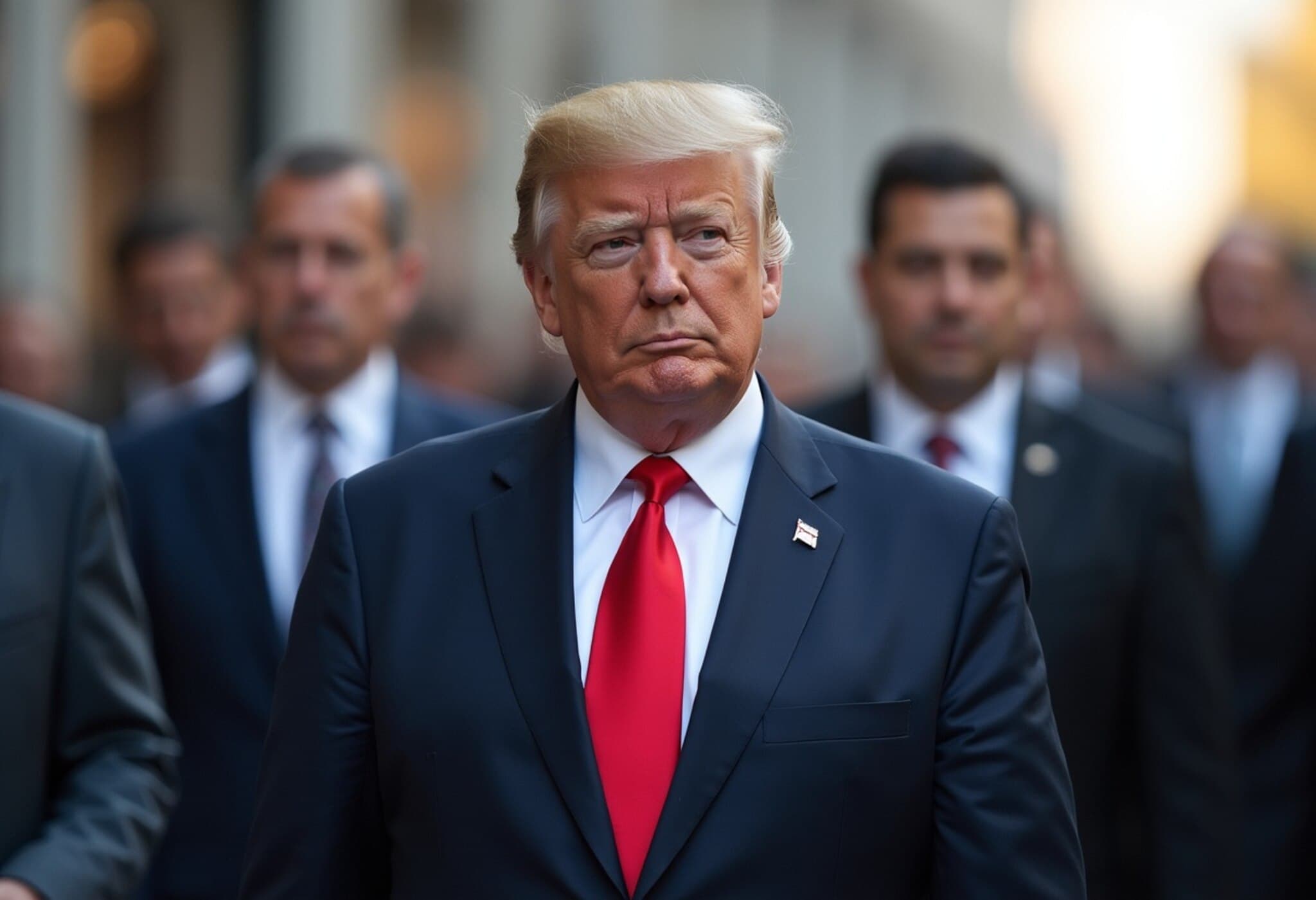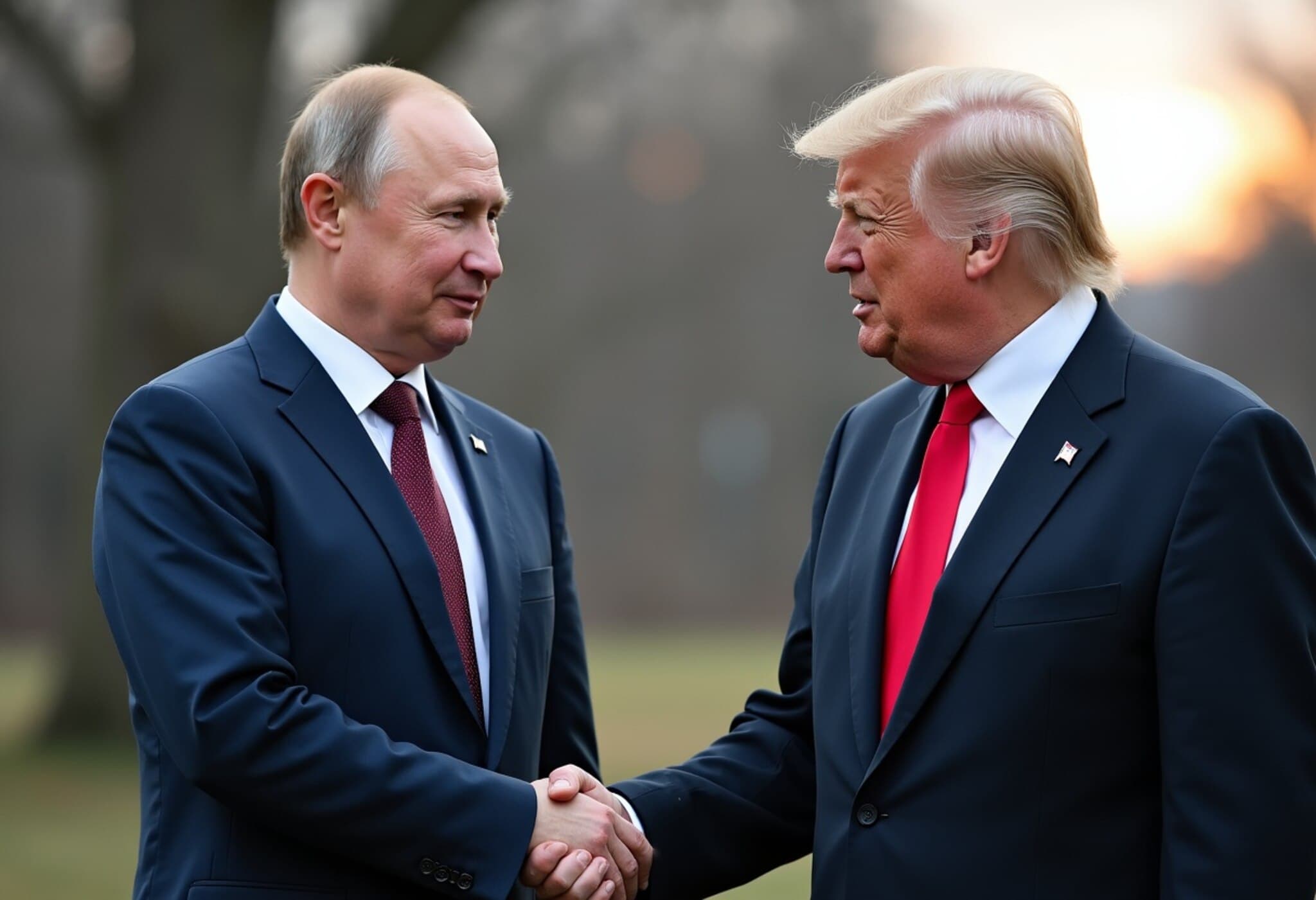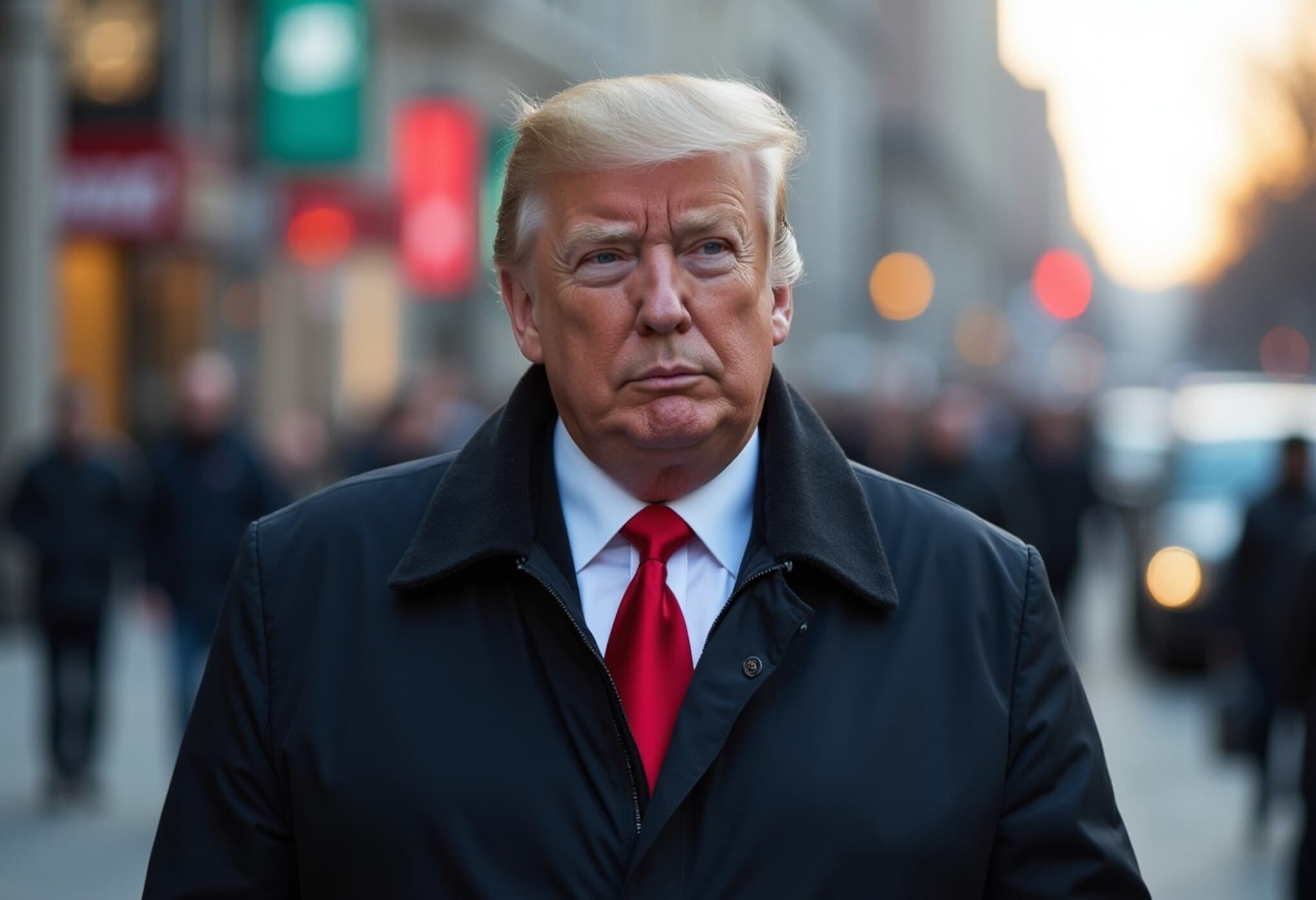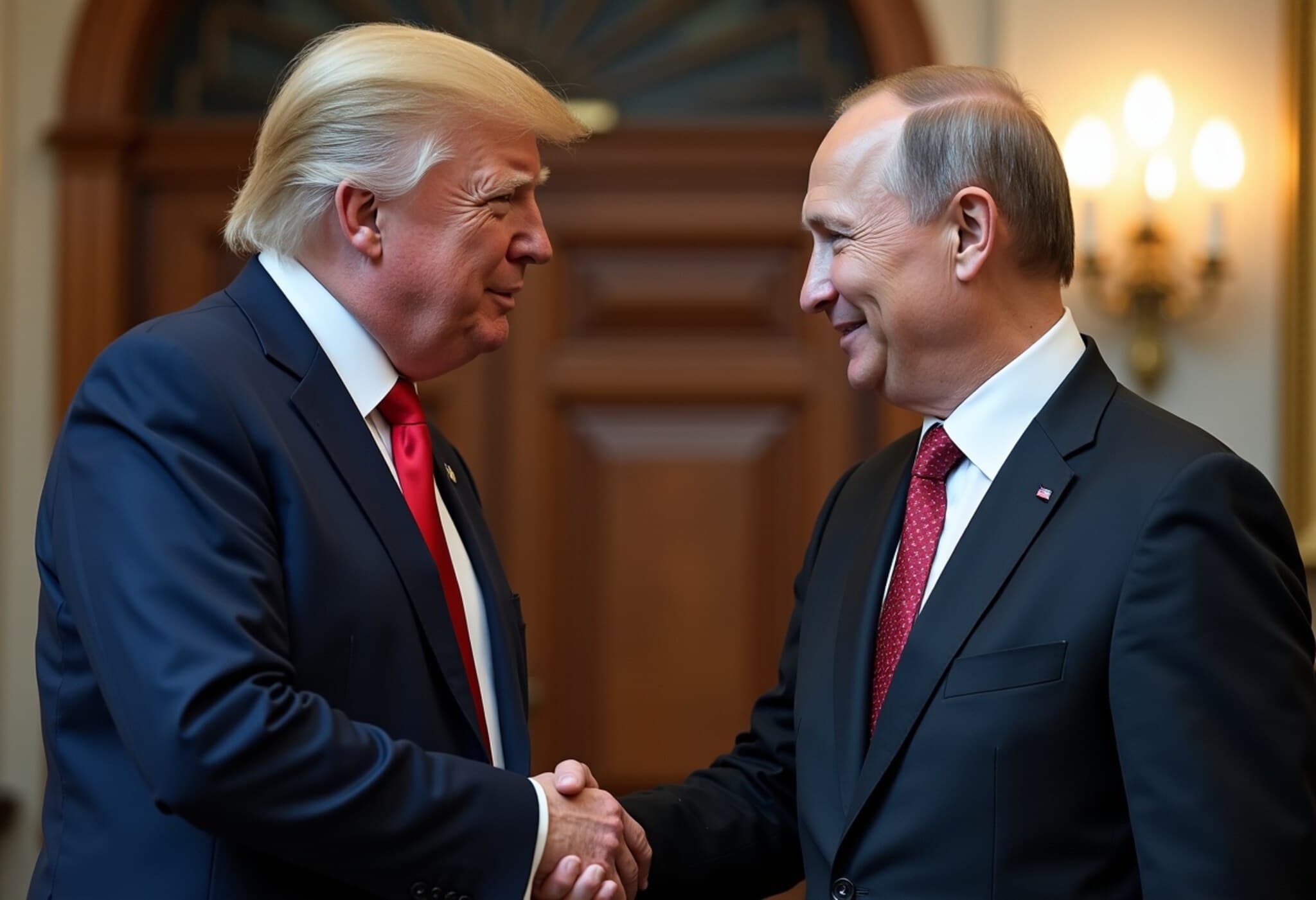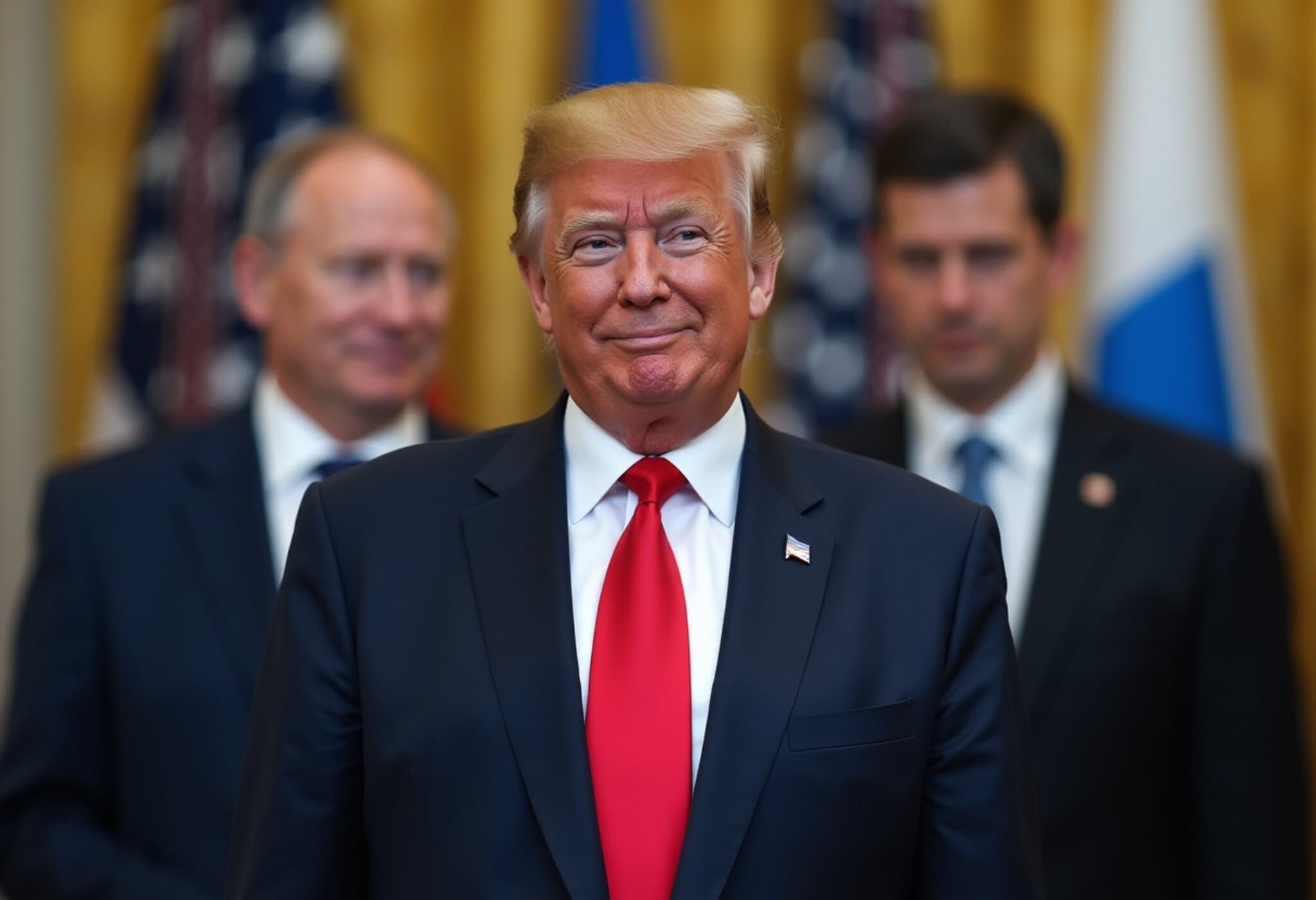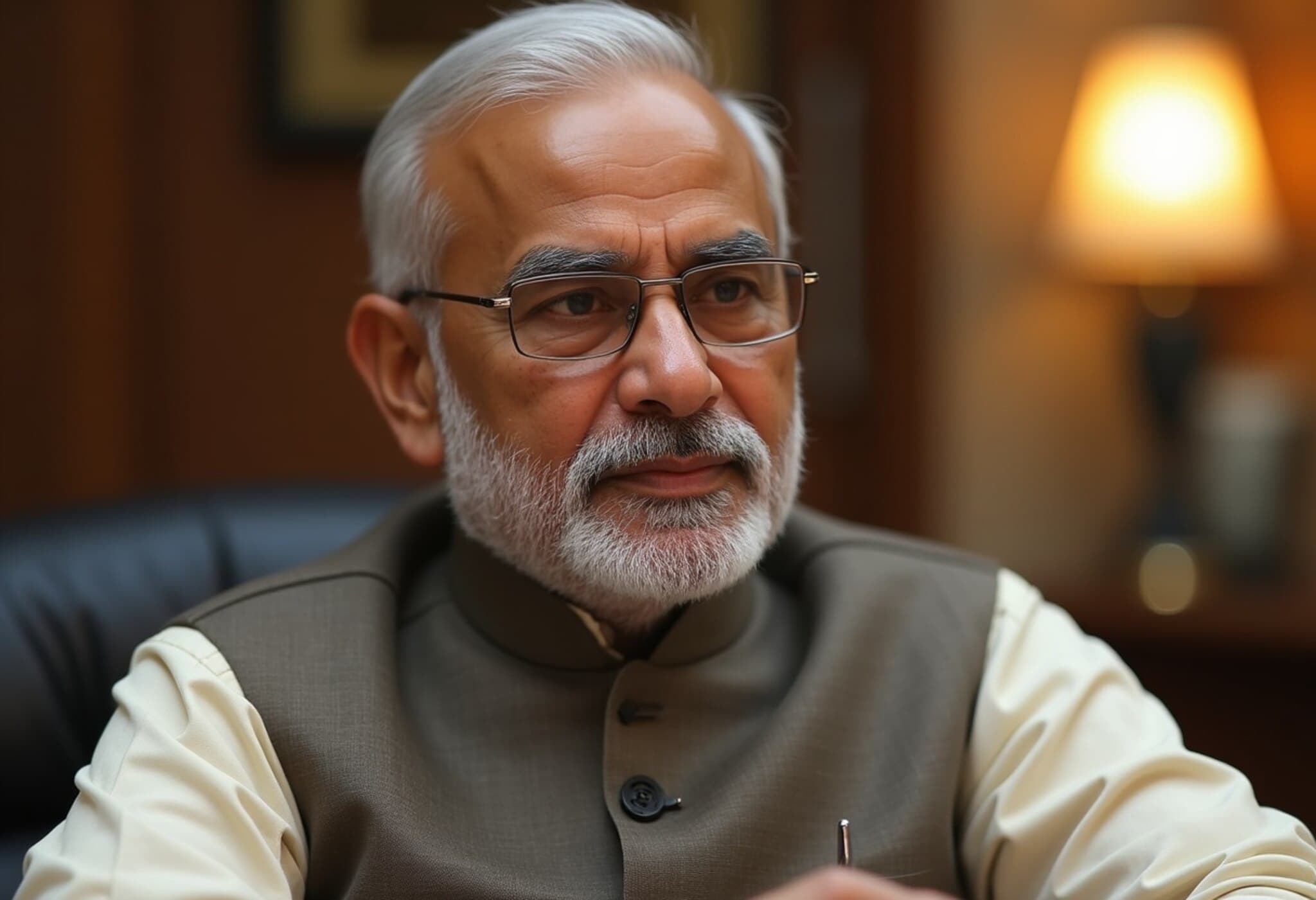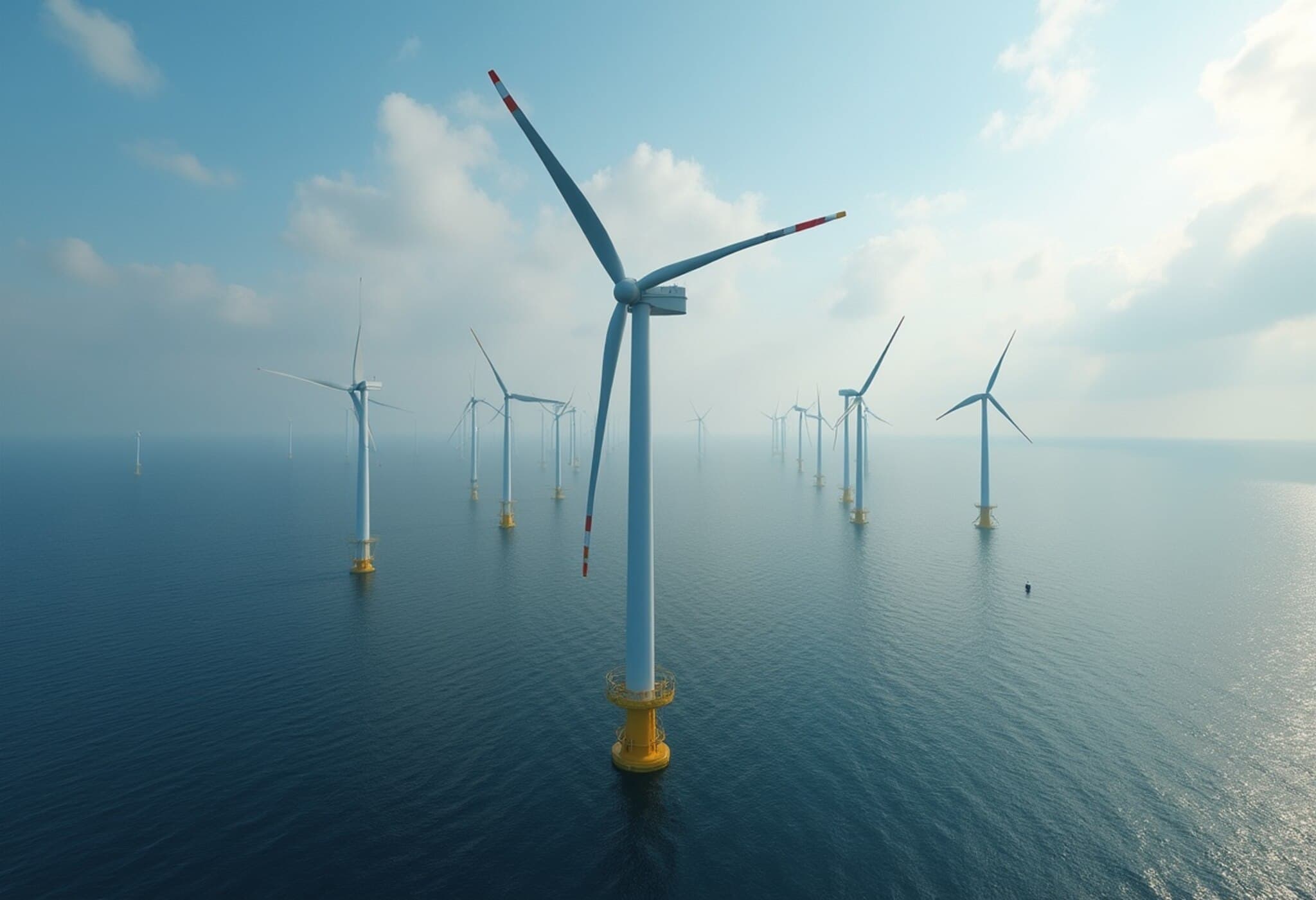Russia Alleges European Efforts to Undermine Putin-Trump Alaska Meeting
As the world watches with bated breath, the forthcoming summit between US President Donald Trump and Russian President Vladimir Putin in Alaska has become a focal point of geopolitical tension. Russia has publicly accused unnamed European nations of launching what it calls "titanic efforts" to disrupt this pivotal meeting, which many view as a potential turning point in the protracted Russia-Ukraine conflict.
The Context: A High-Stakes Diplomatic Encounter
The scheduled talks come after years of strained relations following Russia's annexation of Crimea and the ongoing conflict in Eastern Ukraine, which has raged for over three and a half years. Trump's administration suggested optimism about a potential ceasefire or peace agreement, though substantively clear details remain elusive. European allies, however, have voiced strong opposition to any peace deal that could involve Ukraine ceding significant territory, underscoring a critical divide in diplomatic approaches.
Accusations of Disinformation and Provocations
Kirill Dmitriev, Russia’s investment envoy, took to his Telegram channel to assert that certain unnamed countries are deliberately working to prolong the war by sabotaging diplomatic progress. He accused these actors of deploying “provocations and disinformation” campaigns aimed at derailing the summit.
"Undoubtedly, a number of countries interested in continuing the conflict will make titanic efforts to disrupt the planned meeting between President Putin and President Trump," Dmitriev wrote.
While Dmitriev did not specify which nations he was referencing, the statement reflects Moscow’s broader narrative blaming Western powers—especially European Union members—for exacerbating tensions through aggressive geopolitical maneuvers and media campaigns.
Why This Summit Matters
The Alaska talks hold immense significance for several reasons:
- First— This will mark Putin’s first visit to American soil in two decades, signaling a rare diplomatic opening.
- Second— The summit could lay groundwork for a long-term resolution to the Ukraine crisis, despite expectations of a challenging negotiation process.
- Third— European calls for Ukrainian President Volodymyr Zelenskyy's inclusion highlight the delicate balance of interests, as Kyiv remains wary of any settlement that compromises its sovereignty.
Putin’s aide reinforced the summit's goal with Reuters, stating the leaders will focus on "exploring ways to secure a long-term peaceful resolution to the Ukrainian crisis," while conceding that “this will clearly be a difficult process.”
Expert Insights: The Invisible Hand of Diplomacy
From a geopolitical analyst’s standpoint, Dmitriev’s accusations serve multiple strategic purposes:
- Framing the Narrative: By alleging sabotage efforts, Russia positions itself as a peace-seeking actor obstructed by external entities, which might justify future policy hardening or diplomatic maneuvering.
- Influencing Public Perception: Highlighting disinformation campaigns underscores the complexity of modern hybrid warfare, where information shapes international outcomes almost as decisively as military means.
- Signaling to the West: The claim indirectly pressures European allies to reconsider their stance or risk being blamed for prolonging conflict.
On the American side, Trump’s push for talks and emphasis on potential peace heralds an unconventional approach to Russia policy, diverging from previous US administrations’ more confrontational posture.
Underreported Dimensions: Ukraine’s Role and Regional Dynamics
Notably absent from much of the discourse is Ukraine’s direct involvement in the talks. European insistence on including President Zelenskyy underscores Kyiv's apprehension about being excluded from decisions that critically affect its territorial integrity and democratic future.
Moreover, the summit unfolds amid growing unease about European unity. Divisions over Russia policy—between countries favoring diplomacy versus those advocating economic sanctions and military support for Ukraine—reflect broader challenges facing European foreign policy cohesion.
Looking Ahead: Challenges and Opportunities
While the anticipated Alaska summit carries promise for reducing conflict, the path forward is riddled with complexities:
- Diplomatic Pitfalls: Deep mistrust, unresolved territorial disputes, and diverging goals threaten to hamper meaningful progress.
- Information Warfare: Attempts to disrupt talks through misinformation illustrate how non-military tools remain potent in geopolitical conflicts.
- Regional Stability Concerns: Outcomes affecting Ukraine have profound implications for NATO allies and global security architecture.
Ultimately, the success of this meeting will hinge on the ability of these world leaders to navigate entrenched positions with creativity and courage, while managing outside influences that seek to shape the negotiation’s narrative and outcome.
Editor’s Note
The Russia-EU-US triangle surrounding the Alaska summit reveals the intricate interplay between diplomacy, geopolitics, and information control in today’s conflict zones. As Russia accuses Europe of orchestrating sabotage efforts, the international community must critically assess these claims and consider how information warfare complicates peace efforts. How will this high-stakes dialogue impact the ground realities in Ukraine, and what role should external actors realistically play in fostering durable peace? Readers are encouraged to watch the unfolding developments with a nuanced lens, mindful of the deeper forces at play.

